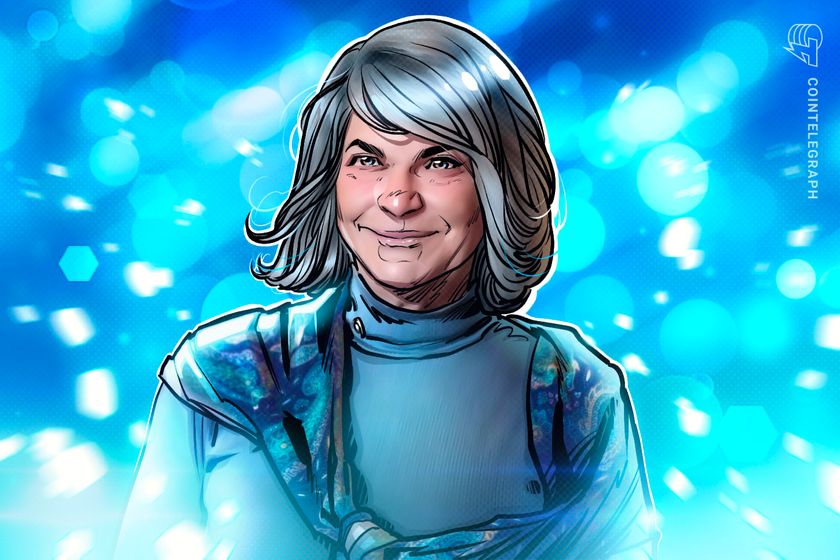Meta Launches “Candle” Submarine Cable to Boost APAC Connectivity by 2028
TLDRs;
- Meta launches “Candle,” an 8,000-km submarine cable system linking six Asian countries by 2028.
- Candle will deliver 570 Tbps capacity using advanced 24-fiber-pair technology, improving digital speeds across Asia-Pacific.
- The project complements Meta’s existing subsea networks, boosting regional and global connectivity.
- By 2028, Meta’s undersea cable projects aim to connect over 580 million people in East and Southeast Asia.
Meta is set to revolutionize internet connectivity across East and Southeast Asia with the launch of its new submarine cable system, Candle.
As per a Monday announcment, the 8,000-kilometer subsea cable, expected to be completed by 2028, will link six nations including Japan, Taiwan, the Philippines, Indonesia, Malaysia, and Singapore. Designed to deliver an impressive 570 terabits per second (Tbps) of capacity, Candle is positioned to become the largest and fastest subsea cable system in the Asia-Pacific region.
This initiative marks another major step in Meta’s ongoing investment in global digital infrastructure. The tech giant said the project will enhance data transmission speeds and reliability for hundreds of millions of users across the region, supporting the growing demand for streaming, cloud computing, and AI-driven applications.
Expanding Meta’s Digital Backbone
Candle is the latest addition to Meta’s expanding network of submarine cable systems that form the backbone of the internet.
Built using 24-fiber-pair cable technology, the new system will work alongside existing Meta-backed cables such as Bifrost, Echo, and Apricot, as well as upcoming global projects like Project Waterworth.
Earlier this year, Meta revealed that Project Waterworth aims to connect five continents, including Asia, by the end of the decade. With the completion of Candle, the company expects to connect over 580 million people in East and Southeast Asia, vastly improving data capacity and redundancy.
Building on Bifrost and Echo
Meta also confirmed the successful deployment of its Bifrost subsea cable, which connects Singapore, Indonesia, the Philippines, and the United States, with an extension to Mexico expected by 2026.
The Bifrost system alone has increased trans-Pacific capacity by 70%, according to Meta, and introduced a routing system capable of delivering 260 Tbps of redundancy to key internet corridors.
Meanwhile, the Echo cable, connecting Guam and California, provides another 260 Tbps of capacity, further strengthening the company’s transoceanic data routes. Together, Candle, Bifrost, and Echo will reinforce Meta’s regional connectivity footprint and support its digital platforms like Facebook, Instagram, Threads, and WhatsApp, by ensuring faster and more reliable service delivery.
Strengthening Asia-Pacific Connectivity
Meta’s undersea infrastructure investments underscore its broader vision of making global communication faster, more resilient, and universally accessible. Alongside Candle, the Apricot cable system, spanning 12,000 kilometers between Japan, Taiwan, and Guam, will soon extend to the Philippines, Indonesia, and Singapore, adding 290 Tbps of additional capacity.
Beyond Asia, projects such as 2Africa will extend Meta’s connectivity reach to India, the Middle East, and Europe, making its network among the most ambitious in scale and impact.
The Asia-Pacific region is one of the fastest-growing digital economies in the world, and Meta’s latest investments are designed to support that momentum. By 2028, Candle and its companion cables are expected to provide the bandwidth necessary for next-generation technologies, including metaverse experiences, AI workloads, and cloud-based enterprise services.
The post Meta Launches “Candle” Submarine Cable to Boost APAC Connectivity by 2028 appeared first on CoinCentral.
You May Also Like

Coinbase Slams ‘Patchwork’ State Crypto Laws, Calls for Federal Preemption

US Bitcoin reserve funding ‘can start anytime’ — Senator Lummis
